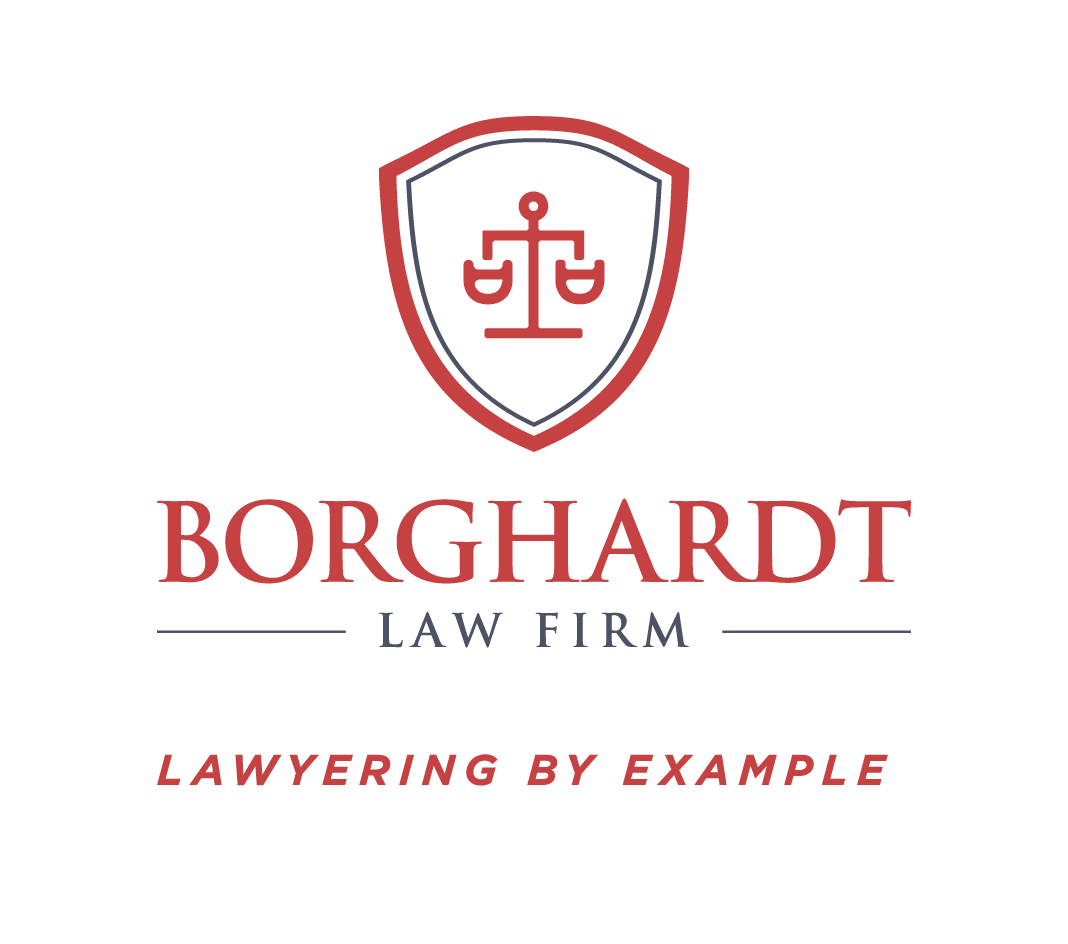BLF Tip of the Week
Asking for an attorney is not a sign of guilt.
You have a right to an attorney. It is a constitutional right. When faced with any level of the criminal justice system, you should have one. Particularly, if you are being investigated for a crime. Particularly, if you are being asked to talk to police or provide police any evidence about a crime. You have a right to an attorney and that attorney can speak for you.
Society sometimes views “lawyering up” or asking for an attorney as a sign of guilt or that you are trying to hide something. Not true. If you are uninitiated to our criminal justice system, know that it can be a scary and confusing place. Sometimes the truth, whatever that is, won’t be good enough and talking your way out of a situation isn’t an option or a reality. At these moments, having someone with you and acting on your behalf—a trained advisor—just makes sense and is the right chess move. Ask for an attorney.
Here are some tips:
1. If contacted by law enforcement, get information but don’t give any without talking to a lawyer first. Why are they calling? What’s the name and contact information for the calling law enforcement officer? Why were you stopped by the police while driving? What are you being accused of? That’s it. Nothing more. Be respectful and get info.
2. If contacted by law enforcement or if you believe you are going to be contacted, engage the advice of an attorney. Plan for the worst but plan nonetheless.
3. Ask the lawyer to speak on your behalf and do not speak to law enforcement unless you are told to by your lawyer. Remain silent. It is your right. This includes talking to others about what’s going on.
For questions, contact our office immediately. We are ready to represent you and act on your behalf.

